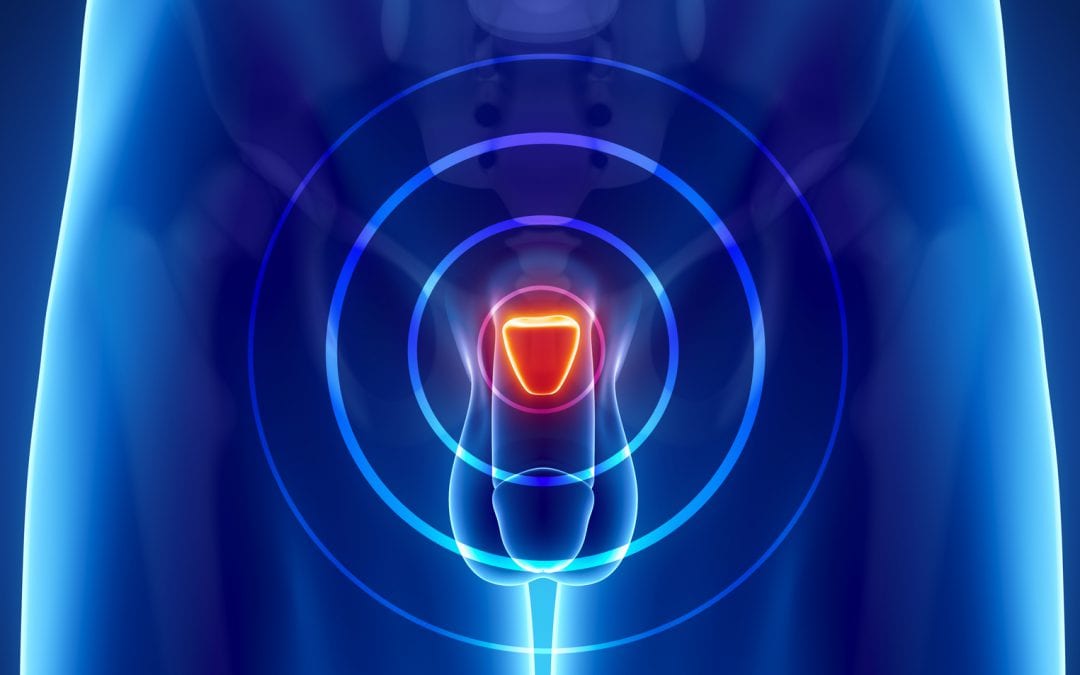A meta-analysis1, published in the journal nutrients, studies the relation between alcohol consumption and prostate cancer. Total alcohol consumption seems not associated with aggressive nor non-aggressive prostate cancer. However, looking at different types of alcoholic drinks, results show a wide variety of associations ranging from a decreased to increased risk.
What is known? Alcohol is a risk factor for several types of cancer, but there is limited evidence on the relation between prostate cancer and alcohol consumption.2
What does this study add? This study is a dose-response meta-analysis of cohort studies on the risk of prostate cancer (aggressive and non-aggressive) by several types of alcohol (total, wine, beer and liquor). In total, the meta-analysis includes 11 studies.
Total alcohol consumption
According to the results, total alcohol consumption seems not to be associated with either aggressive nor non-aggressive prostate cancer.
Wide variety of effects
However, looking at the different types of alcohol, results suggest that they have very different effects on the risk to develop prostate cancer. For non-aggressive prostate cancer, wine consumption is not associated, but beer and liquor are. With each extra 14 grams of liquor a day (about 1.5 glasses), the risk increases with 4%. And for beer, there are only slight increases with lower consumption patterns (3% with 14 grams a day and 5% with 28 grams (about 3 glasses a day).
So wine seems not to be associated with non-aggressive prostate cancer, but looking at aggressive prostate cancer, wine does increase the risk by 35% when consuming more than 56 grams a day (about 6 glasses). Liquor also increases the risk, but already with moderate intake: 12% with 14 grams a day. Interestingly, for beer, there is a decreased risk for moderate intake: a reduction of 15% for 14 grams a day.
The authors give no robust explanation for the wide variety of outcomes.
Prostate cancer
Prostate cancer is the second most common type of cancer in men. Annually, around 1,3 million men get diagnosed with the disease worldwide, and almost 360,000 of them die.3
There are two types of prostate cancer: aggressive prostate cancer, which is usually a fast-growing tumor which needs invasive treatments, and non-aggressive prostate cancer which is usually relatively easily localized, slow-growing and does not require invasive treatments. Known risk factors for prostate cancer are genetics, family, age, history and body fat percentage.4
Strengths
- Meta-analysis
- Dose-response analysis included
- Sub-analyses for specific types of alcohol
- Amounts of alcohol clearly defined as grams per day
- Checked for publication bias
- Separation of non-aggressive and aggressive prostate cancer
Weaknesses
- Limited number of studies per type of alcoholic consumption
- Non-drinkers in 10/11 studies as a reference group
Reference
- Hong S, Khil H, Lee DH, Keum N, Giovannucci EL. Alcohol Consumption and the Risk of Prostate Cancer: A Dose-Response Meta-Analysis. Nutrients. 2020 Aug;12(8):2188.
- World Cancer Research Fund. Prostate cancer; How diet, nutrition and physical activity affect prostate cancer risk.
- Rawla P. (2019). Epidemiology of Prostate Cancer. World journal of oncology, 10(2), 63–89.
- Bostwick DG, Burke HB, Djakiew D, Euling S, Ho SM, Landolph J, Morrison H, Sonawane B, Shifflett T, Waters DJ, Timms B. Human prostate cancer risk factors. Cancer: Interdisciplinary International Journal of the American Cancer Society. 2004 Nov 15;101(S10):2371-490.

